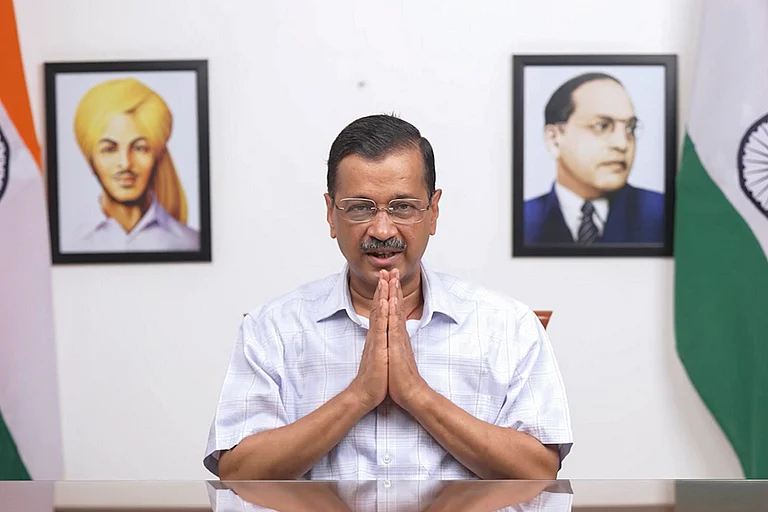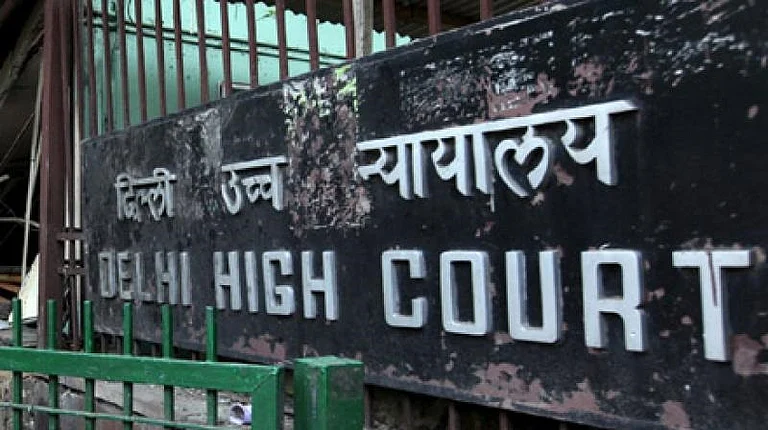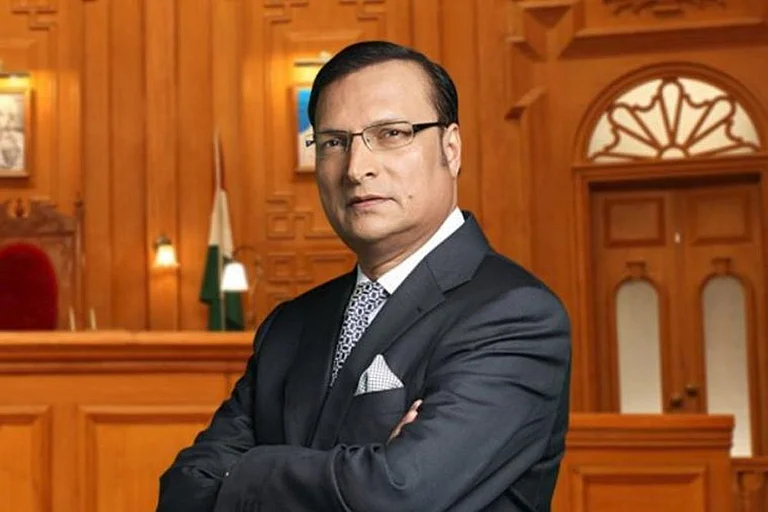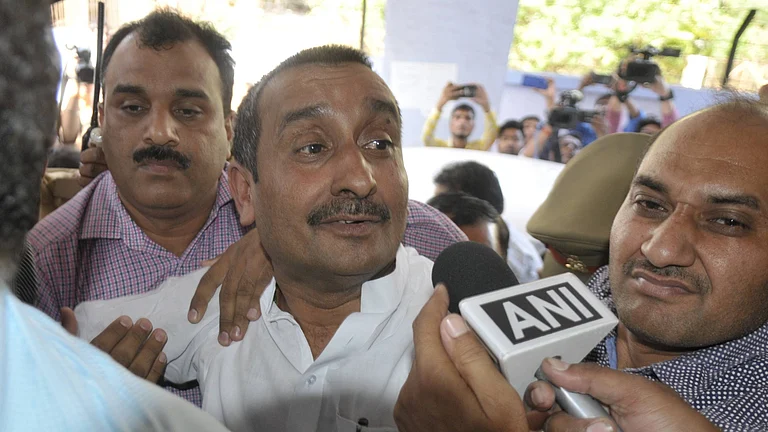The Supreme Court is set to pronounce its verdict on a petition filed by Delhi Chief Minister Arvind Kejriwal challenging his arrest by the central pobe agency Enforcement Directorate (ED) in a money laundering case linked to the Delhi excise policy.
On June 17, a two-judge bench of the Supreme Court, comprising Justices Sanjiv Khanna and Dipankar Datta, had reserved the verdict. Senior advocate Abhishek Manu Singhvi appeared for Kejriwal while Additional Solicitor General SV Raju represented the Enforcement Directorate (ED).
In its chargesheet, ED has indicated at Arvind Kejriwal's direct involvement in the party receiving Rs 100 crore kickback in lieu of the policy.
As per the central probe agency's chargesheet, the AAP supremo had paired up with the members of the 'South Group' and others such as Vijay Nair to get the kickbacks to the tune of Rs 100 crore for "providing undue benefits to private entities by way of formulating and putting in use a tailor-made liquor policy".
Refuting ED's claims, Kejriwal told that Nair, the co-accused in the liquor policy case, worked under Delhi Ministers Atishi and Saurabh Bhardwaj and not him.
On March 21, Kejriwal was arrested in connection with the money-laundering case linked to the now-scrapped Delhi Excise Policy case. Currently, he is in judical custody and has been lodged in Tijar Jail.
On May 10, the Supreme Court granted him an interim for the purpoes of campaigning in the Lok Sabha elections. The interim bail expired on June 2.
On June 25, the Central Bureau of Investigation (CBI) also apprehended the AAP supremo under the Prevention of Corruption Act in relation to the liquor policy case.





























